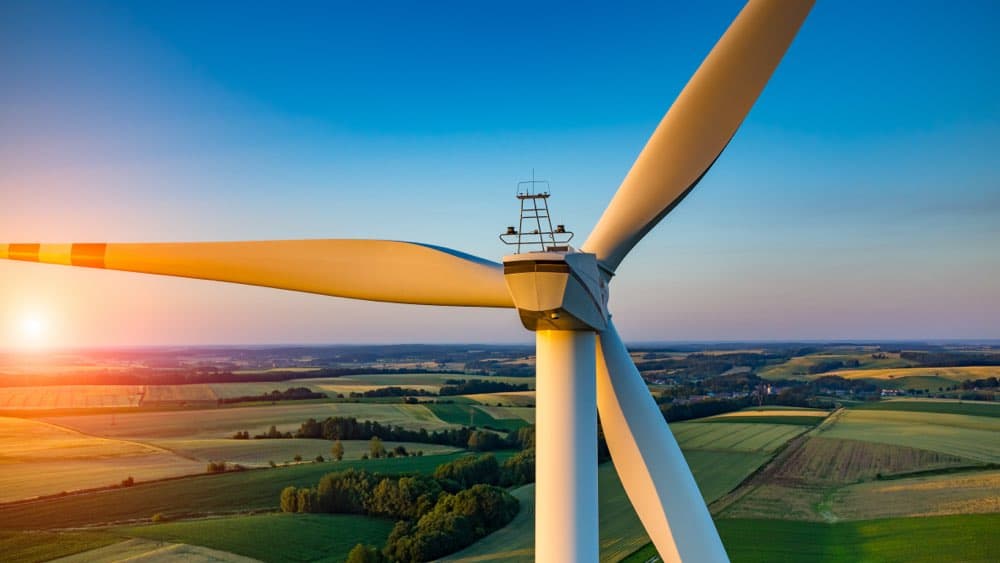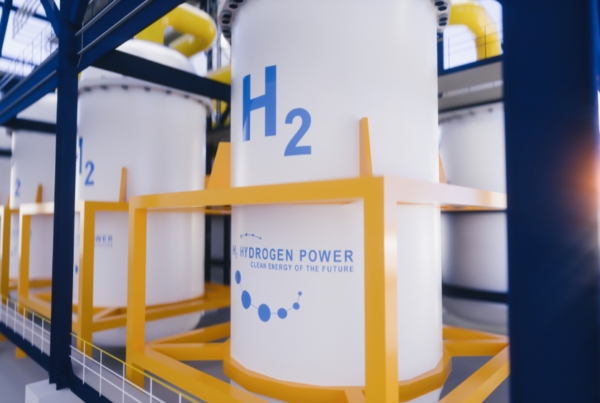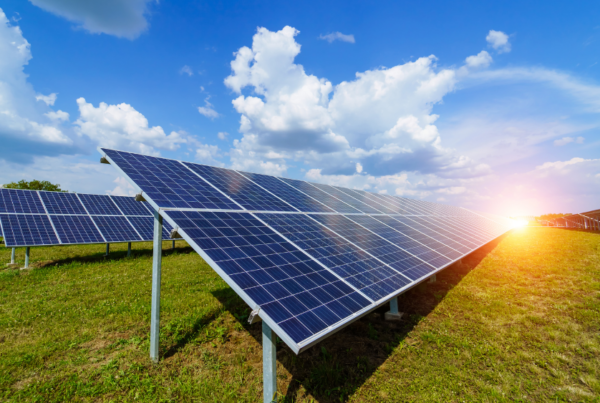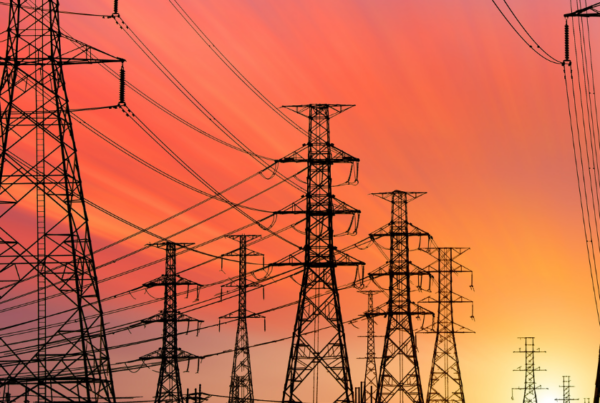
Policymakers across the globe are endeavouring to reduce emissions and limit global temperature increase. In particular, the French Government has pledged a 6-fold decrease in carbon emissions relative to 1990 to reach carbon neutrality by 2050 through the Energy and Climate Law. This report explores possible decarbonisation pathways in the French power market, by shedding light on: (i) the consequences of a strong growth in intermittent renewables; (ii) the associated impacts on security of supply and system stability; and (iii) technologies and capacities required to ensure a low-carbon and reliable system under different nuclear scenarios.
Key messages resulting from the analysis are:
- Reaching carbon neutrality in France means reducing reliance on fossil fuels which are primarily used in the transport sector, industry and for heating buildings. Electrification is expected to play a key role in achieving a carbon-free economy by 2050
- The Government’s 2050 carbon neutrality scenario depicts a world in which electricity demand would surpass 600 TWh by 2050 against c.480 TWh today. This creates a material challenge for the French power system as nuclear capacity retires: ensuring security of supply while providing carbon-free generation is not an easy task
- While solar or wind technologies are good contenders for providing cheap carbon-free electricity, backup capacity will be required to cope with production intermittency. System ramping requirements and inertia needs will also increase substantially as renewables capacity increases, necessitating additional ancillary services to ensure a reliable system
- 191 GW of intermittent renewables capacity would be required by 2050 across wind and solar technologies to meet the Government’s scenario without building new nuclear reactors. This represents a significant ramp-up from today’s installed capacity, but is not enough to reduce emissions from the power sector without carbon capture and storage technologies
This is subscriber-only content. Not a subscriber yet? Find out more about our French Power package.






